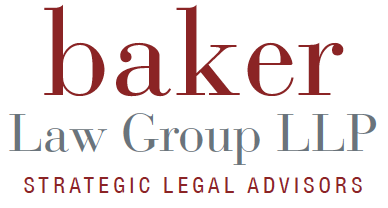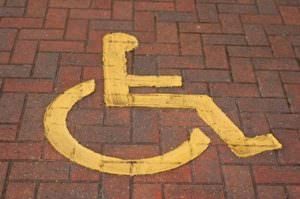When is Reasonable Disability Accommodation Required?
 Both the Americans with Disabilities Act and the Fair Employment and Housing Act (FEHA) require employers to make reasonable accommodations for their disabled employees and job applicants. These accommodations can range between accommodations like giving the employee a special tool, providing the employee with extra breaks, or even allowing the employee to take leave or work from home.
Both the Americans with Disabilities Act and the Fair Employment and Housing Act (FEHA) require employers to make reasonable accommodations for their disabled employees and job applicants. These accommodations can range between accommodations like giving the employee a special tool, providing the employee with extra breaks, or even allowing the employee to take leave or work from home.
An employee is not required to specifically ask for “reasonable accommodations” or to even figure out what the accommodation would be. The employer has a duty to engage with the employee in the process of figuring out what a reasonable accommodation would entail, this is called engaging in the interactive process.
Exceptions to Reasonable Accommodation Requirements
An employer is not required to provide reasonable accommodations in a few limited circumstances. First an employer is not required hire or employ an individual who will endanger the health and safety of themselves or others because they will be unable to perform the essential duties of the job. The essential functions of a job are the duties that are necessary due to one or more of the following:
- The reason the position exists is to perform the function at issue.
- The amount of employees available to perform that function is limited.
- The function is highly specialized and the individual is hired for his or her ability or expertise in performing the function.
Whether a job duty is an essential one is a fact intensive question and can bring up a significant amount of debate. In determining whether a job function is essential the following factors are relevant: the employer’s judgment, the job description, the amount of time the individual performs the job function, the work experience of past individuals in the job category, the current work experience of individuals in the job category, and the terms of any associated collective bargaining agreement.
Reasonable accommodation is also not required if an employee suffers from alcoholism and they perform alcoholism-related misconduct. For example, in the case of Gonzalez v State Personnel Bd. (1995), an employee was absent without leave on several occasions, was proved to be an alcoholic, and was justifiably terminated.
Disability discrimination is a major problem. Legally confronting it enforces your right to be free from discrimination also helps others by preventing employers from engaging in discrimination the future. To learn more about how to get monetary recovery for disability discrimination, contact employment lawyer Michelle Baker today. Schedule your free consultation by calling (858) 452-0093.



